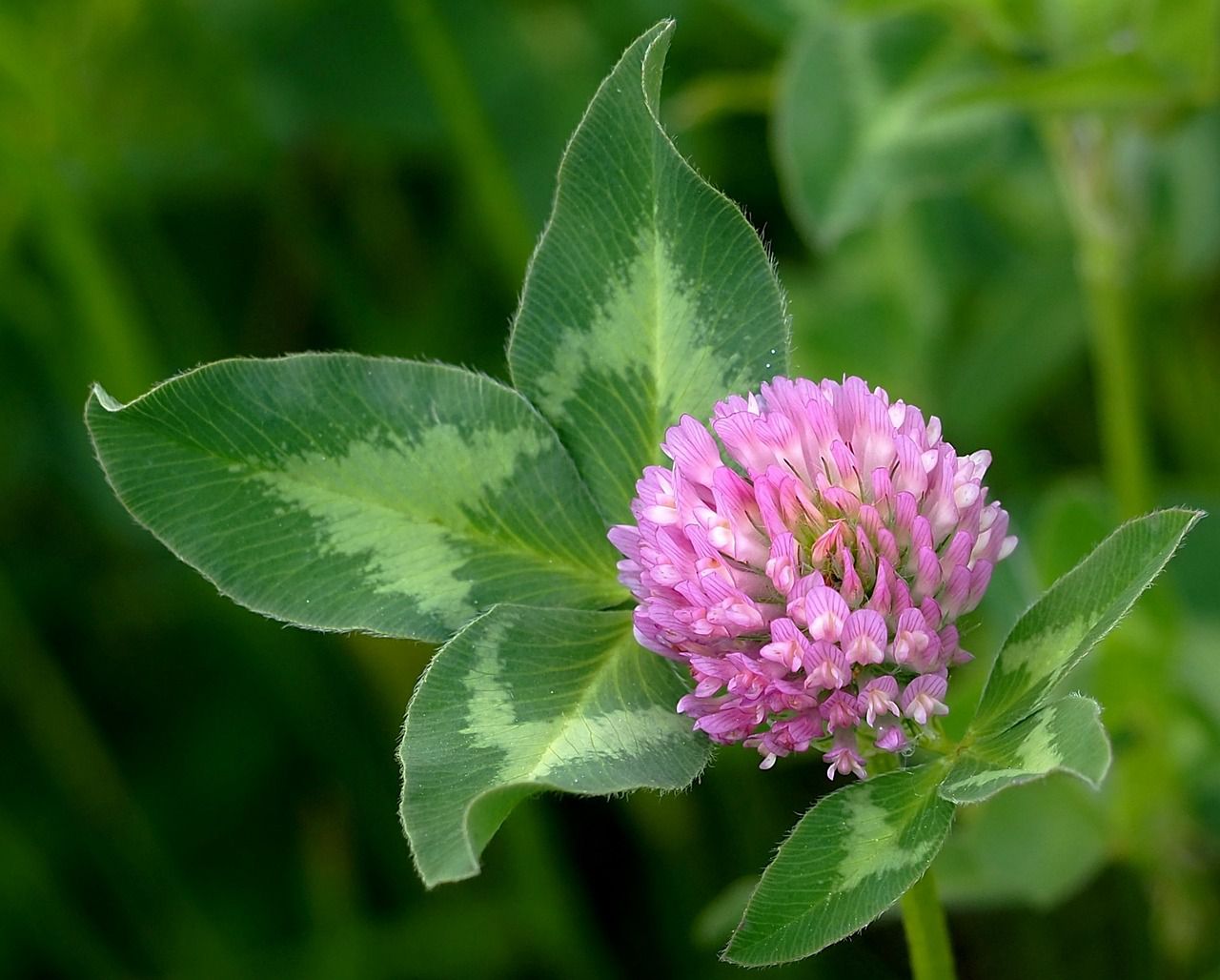Garden weeds are tough and persistent plants that can thrive in various conditions, often outcompeting desirable plants in the garden.
It's hard to get rid of them completely, because they are well-adapted to basically any conditions.
Several factors contribute to their tenacity.

Rapid Growth
Weeds are known for their rapid growth rates, allowing them to quickly establish and spread in garden beds.
Their ability to germinate and grow faster than cultivated plants enables them to compete for resources effectively.
Broad Seed Dispersal
Weeds often produce many seeds, and these seeds can be dispersed widely by various means, such as wind, water, animals, or human activities.
Adaptability
Weeds are highly adaptable to different environmental conditions, including poor soil quality, temperature fluctuations, and varying light levels.
Allelopathy
Some weed species release chemicals into the soil that inhibit the growth of neighboring plants.
This phenomenon, known as allelopathy, provides weeds with a competitive advantage by suppressing the growth of other vegetation around them.
Resistance to Control Methods
Weeds can develop resistance to herbicides and other control methods over time.
This resistance makes it difficult to manage them effectively and necessitates the use of alternative control strategies.
Disturbance Tolerance
Weeds are often well-suited to thrive in disturbed environments, such as gardens, where the soil is regularly tilled or disturbed.
They take advantage of such conditions to establish themselves and outcompete other plants.












